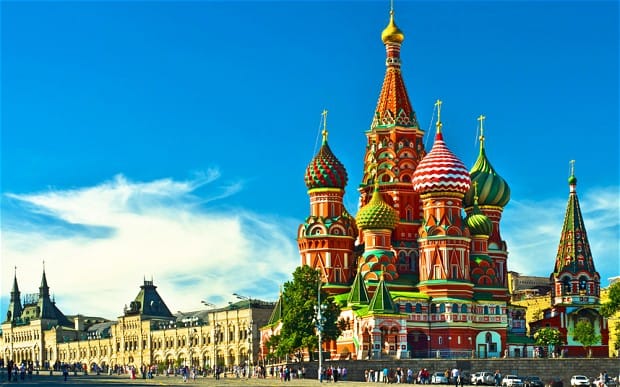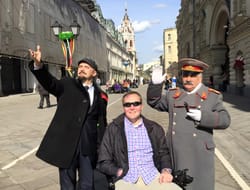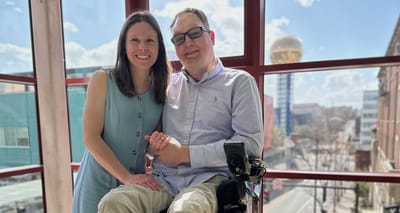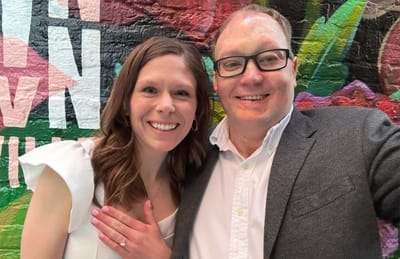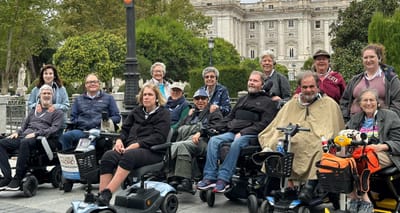“There are no invalids in the U.S.S.R.!”
These words were spoken in 1980 by a Soviet official who was asked if Russia would host the Paralympic Games in conjunction with that year’s Moscow Olympics. The country refused, and the Paralympics were instead held in The Netherlands, apart from the traditional games.
The U.S.S.R. had stigmatized persons with disabilities and largely excluded them from society. Physically challenged Russians were cast aside and rarely seen in public prior to the 1991 dissolution of the Soviet Union. People like you and me were hidden from the public and relegated to their homes, hospitals, or care facilities. In a sense, they had become invisible.
This veil was not immediately lifted in 1991. Bringing the hidden community of disabled citizens back into the societal fold has not been a major priority. The process of making Russia more accessible to these supposed “invalids” has moved at the speed of a tortoise.
Each country in the world has approached the recognition of the rights of disabled citizens in different ways and at a unique pace.
In May 2012, Russian President Dmitry Medvedev signed a law ratifying the United Nations Convention on the Rights of People with Disabilities. More progress has since been made to make the country’s major cities accessible to the disabled than at any time in history. Still, it has been slow.
If you perform an internet search on wheelchair travel to Russia, you’ll find very few results. There is one company that offers an expensive “tour,” but the cost of such a trip would be prohibitive to the vast majority of people. I founded this website to give people like you and me an opportunity to see the world — and more of it — based on our own schedules, not those of tour operators.
Disabled people are not invalids. I only have one hand, but with my wheelchair and a passport, I can go anywhere. I believe that. The Soviet official in 1980 was right. There are no invalids in Russia. There is, however, a large segment of the population who have to struggle a bit harder than the rest.
I am excited to say that in less than two weeks, I will be traveling to Moscow to explore the city’s rich history and beauty. The result of my trip will be a detailed guide which will tell people how to overcome the immense challenges to accessibility present there. It is quite likely that the city will receive a poor rating of its accessibility, but poor does not mean impossible.
Wish me the best as I try to open the world to others like me, one city at a time.
Update: I visited Moscow, and found it to be much more wheelchair-friendly for tourists that I expected. You can read more about it in my Moscow wheelchair travel guide.

